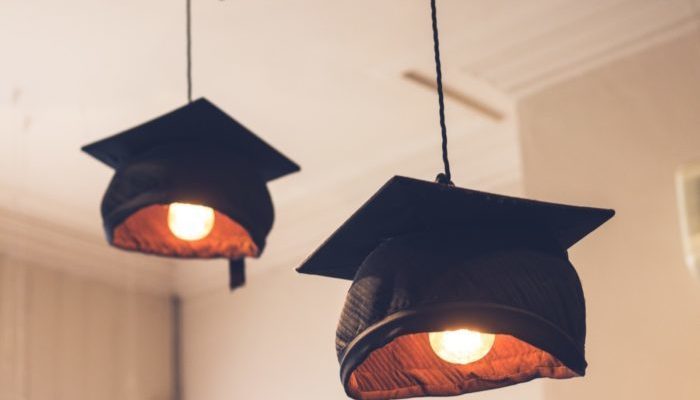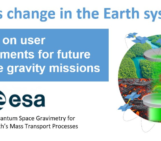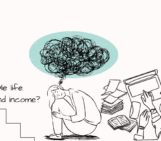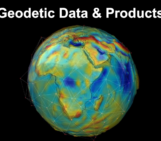
With Postdoc Appreciation Week coming to a close, we wanted to know a little bit about postdocs in Geodesy and Geosciences! To see how their life-work balance situation and outlook on their professional future is, we put together a short survey. If you are unfamiliar with Postdoc Appreciation Week, here is a quick summary:
Initially, it was an initiative by the National Postdoc Association in the US, and later in the past years, also, the UK started to celebrate it. We can’t see why we can’t do the same in other countries!
So, let’s first start with the definition! They are independent scholars, mentors, and an important part of the glue that holds the whole grand scheme of academia… Since this is quite the generalization, we asked our favorite search engine and we came to a more technical definition for postdoctoral research, which is “a temporary and defined period of mentored advanced training to enhance the professional skills and research independence needed to pursue their chosen career paths”. So, postdocs are researchers who are, in theory, just about to reach a more long-term stage of their scientific career like tenure track, senior scientist positions and the like. This in turn means that they are amongst the most affected groups from job insecurity in academia, living on short-term contracts, and certainly, having a pandemic didn’t help to improve the situation.
Instead of going back to unappreciation after this week, we would like to take this as an opportunity to listen to our postdocs, their needs and their feelings, and what can be changed to improve the situation for postdocs in Geodesy and Geosciences. Who knows? Maybe it will actually help. So, we prepared a short survey and would be grateful if you could spare a minute to take it!



